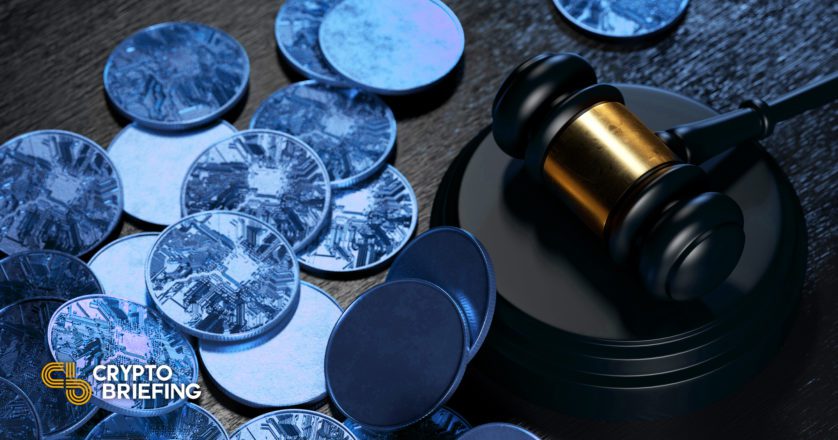SEC Bolsters Crypto Unit to Tackle Fraud in Market
The SEC’s Crypto Assets and Cyber Unit is adding 20 new positions.

Key Takeaways
- The SEC is scaling up its Crypto Assets and Cyber Unit from 30 to 50 positions.
- The unit will focus on coin offerings, DeFi, NFTs, and other areas of the crypto space.
- The SEC has faced criticism over its approach to regulating the crypto market in the past.
Share this article
SEC chair Gary Gensler said that the scale-up would help the unit oversee wrongdoing in the unregulated cryptocurrency market.
U.S. Regulator Almost Doubles Crypto Crime Unit
The Securities and Exchange Commission has indicated that it’s ready to crack down on crime in the digital assets space.
Wall Street’s chief regulator announced Tuesday that it had allocated 20 new positions to its Crypto Assets and Cyber Unit, bringing its size to 50 dedicated posts. The unit aims to protect investors by identifying crypto-related criminal activity and pursuing charges against those responsible.
In a statement, SEC chair Gary Gensler said that it had become “increasingly important to dedicate more resources to protecting [investors]” as digital assets have become more accessible. “By nearly doubling the size of this key unit, the SEC will be better equipped to police wrongdoing in the crypto markets while continuing to identify disclosure and controls issues with respect to cybersecurity,” he added.
SEC’s Crypto Oversight
The Crypto Assets and Cyber Unit was created in 2017 under the name the Cyber Unit when the crypto space was experiencing a wave of ICO mania. It’s since brought more than 80 enforcement actions against fraudulent crypto operations with about $2 billion worth of monetary relief. According to the SEC’s statement, the newly-bolstered unit will focus on securities law violations related to coin offerings, exchanges, lending and staking products, DeFi, NFTs, and stablecoins.
Gensler has previously stated that he thinks many crypto assets could pass the Howey test and therefore qualify as securities in reference to DeFi. Meanwhile, in March, it was revealed that the SEC was beginning to look into the fast-growing NFT market.
While the SEC has made clear attempts to clamp down on misconduct in the crypto space in recent years, it’s occasionally faced criticism for its efforts. The Ethereum software company ConsenSys recently sent a letter to the regulator over a proposal to expand the definition of a crypto assets exchange. The U.S. regulator memorably threatened legal action against Coinbase over its Lend product last year, saying the feature could classify as an unregistered security. Coinbase published a statement slamming the SEC, then scrapped the product. Many active U.S. crypto investors have also missed out on lucrative airdrops from DeFi projects like dYdX due to the SEC’s restrictions in the past. And although it has a dedicated crime unit, the SEC has struggled to keep up with the growing list of fraudulent actors occupying the DeFi and NFT sectors. With 20 new additions to its unit, the agency should now be better-equipped to oversee the space.
Disclosure: At the time of writing, the author of this piece owned DYDX, ETH, and several other cryptocurrencies.
Share this article
